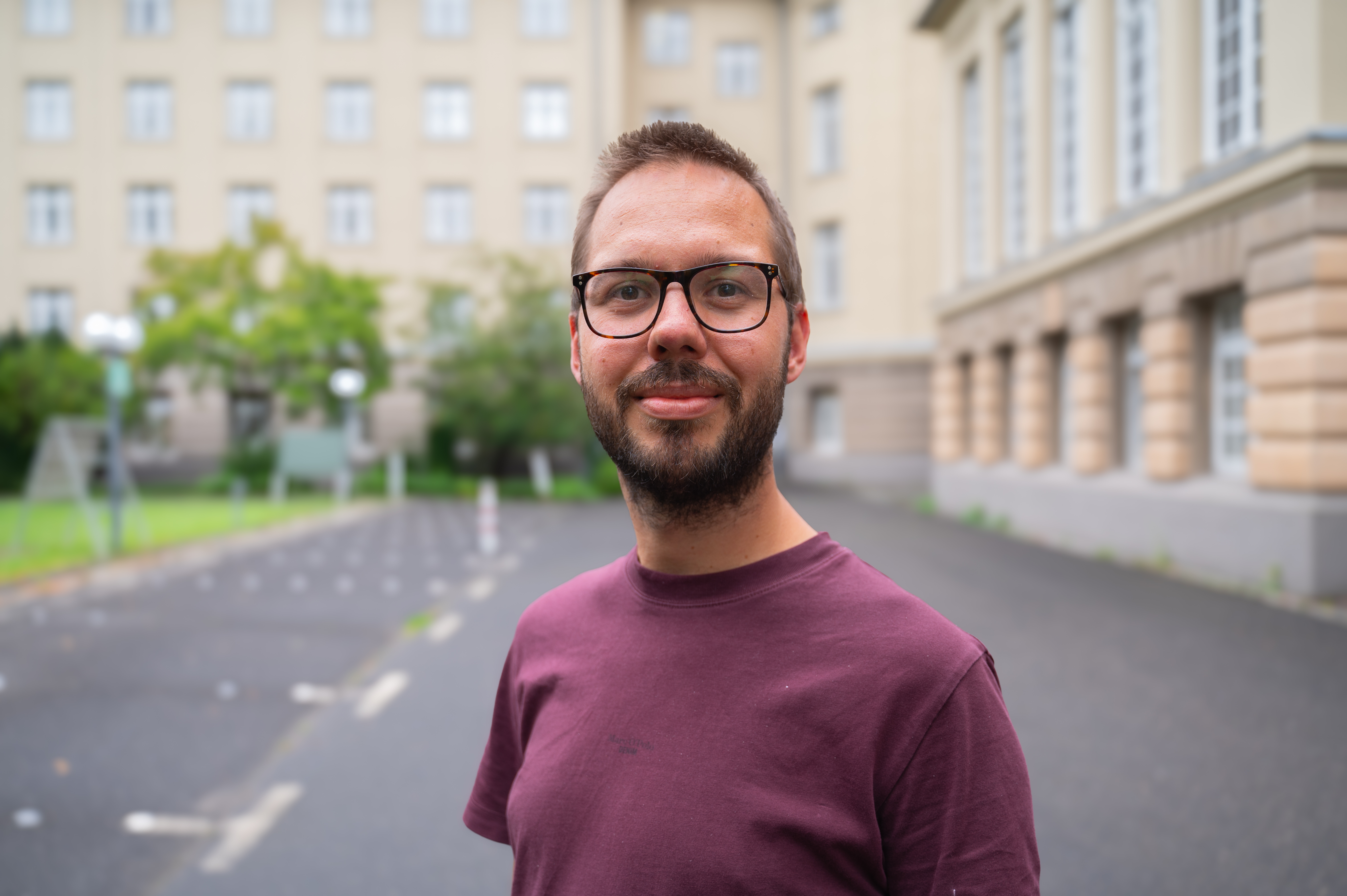Montucla Prize 2025

Montucla Prize 2025
Henning Heller (Mathematisches Institut Universität Bonn, Germany)
One aspect of new developments in modern mathematics that is sometimes overlooked is the manner in which the ideas become incorporated into the mainstream of university teaching. Galois theory famously got off to a particularly rocky start, taking more than half a century to begin to be taught on a regular basis in Europe. In his article “Felix Klein's teaching of Galois theory” (vol. 63 (2023), 21-46), Henning Heller recounts the path by which Klein introduced the topic at Göttingen.
The story is complex, and one of Heller's strengths lies with his identification and coverage of three interconnected aspects of Klein's 1886 lecture course on algebra. The first is organizational: Klein, who already held a position in Leipzig, was hired at Göttingen in 1886 to fill the need of a lecturer in algebra. There he had to balance the traditional approach of Schwarz with his own Galois-centred view of teaching the theory of equations. The second is historical: Klein had already conceived of this approach while at Leipzig, and Heller convincingly argues for continuity across Klein's career, contrathe commonly held idea of a rupture in his working style in 1882 due to a breakdown in his health. As early as his 1880 inaugural lecture at Leipzig we witness his plan of combining research and teaching in the inaugural address he delivered at Leipzig. The third aspect is didactical, in which Heller highlights the student-centred nature of Klein’s program. This is most evident in the way Klein introduced and developed Galois theory in his lectures, and also in his establishment of a library and reading room for students that housed books, journals, and importantly, Klein’s lecture notes. Nevertheless, Galois theory is difficult, and as Heller notes, “[i]t is hard to estimate the success of Klein’s endeavor” (p. 43). Heller’s study is impressive not only because of his thorough familiarity with the primary literature, but also because of his sound interpretations and the clear presentation of his ideas.
Honourable Mention 2025
Alison Maidment (The Open University, UK)
Alison Maidment’s paper on “The Edinburgh Mathematical Laboratory and Edmund Taylor Whittaker's role in the early development of numerical analysis in Britain” (vol. 55 (2021), 39-63) is a detailed account of Whittaker’s innovative approach to the teaching of numerical techniques in the context of British work on applied mathematics in the early 20th century.
Beginning with a short survey of precursors, both with regard to mathematical laboratories and the development of what would later be known as numerical analysis, Maidment highlights the significant influence of the German mathematician Carl Runge on the establishment of Whittaker’s laboratory at the University of Edinburgh in 1913. She also notes the impact of the mathematical laboratory on subsequent developments in Britain, on the mathematical community, mathematical education, and mathematics itself. For example, the successful Edinburgh Mathematical Society Colloquium series, which ran on and off for 90 years, was motivated in part by wider interest in the laboratory. Maidment also draws attention to several important publications that resulted from the laboratory’s work, the most famous of these being Whittaker and Robinson’s The Calculus of Observations (1924), which helped to spread Whittaker’s ideas and contributed to the further development of numerical analysis, both in teaching and as a research discipline. In addition to this, Maidment goes on to highlight the direct influence of Whittaker’s laboratory on the founding of several other mathematical laboratories in Britain, including those at the University of Leeds and Imperial College London, as well as further afield, such as at M.I.T. in the United States. Drawing on a variety of published and manuscript sources, Maidment’s paper is a valuable contribution to the literature on the development of university-level mathematics in Britain in the first half of the 20th century.